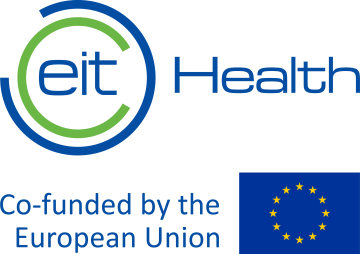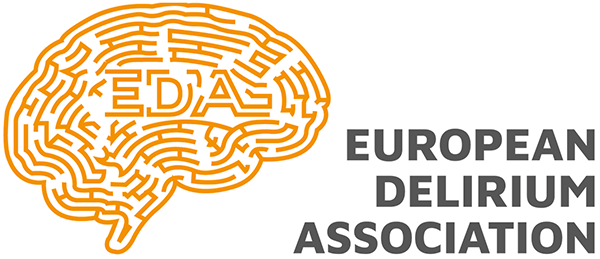Prevent Delirium
Empowering Hospitals
with Technology, Support and Data-Driven Decision Making
Delirium
Delirium Leads To

6x Nursing home admissions
14x Risk of dementia

7.4m EUR Average annual cost per hospital

Average length of stay increased by 3 days
Identify Patients with PIPRA
PIPRA has created the richest database in the market on POD, which is used to train our algorithm. Our CE-certified software is designed to fit into the clinical pathway with a simple to use interface that runs in the background once integrated, delivering an immediate stratification of risk.
- Secure web solution
- High performance
- No device required
- CE-marked
- Pay-per-use
- No installation required
- Flexible integration (0-100%)
- Patient data protected
- Delirium prevention support bundle included
- Fully integrated into your IT landscape

PIPRA explained
Revolutionizing Patient Care
Better POD Prevention
PIPRA’s score-based risk assessment helps clinicians to better personalise their patient’s operative plan and to decrease the risk of developing POD.
- Lower Delirium incidence
- Reduced length of stay
- Reduced nursing hours
- Improved risk assessment
- Improved Coding
POD tackling Strategy & Transformation support
Through training, informative materials, and on-the-ground support, care staff gains practical guidance to effectively manage delirium. This enables them to enhance their skills, improve patient care and experience the benefits of streamlined workflows.
POD Performance Insights
Continuous data-backed insights and feedback into daily delirium practices empowers hospitals to swiftly adapt their delirium management plan. PIPRA's robust data analytics capabilities further enhance hospitals' ability to make informed, data-driven decisions, streamline operations and ultimately optimize their financial performance.
Collaborate with us
Medically Approved in EU (CE-certified)
Medically approved & reimbursed in:
 Switzerland
Switzerland Austria
Austria Finland
Finland Ireland
Ireland
 Germany
Germany Belgium
Belgium Sweden
Sweden Portugal
Portugal
 France
France The Netherlands
The Netherlands Spain
Spain Estonia
Estonia

Testimonials
Our Publications
An Individual Patient Data Meta-Analysis
JAMA Netw Open. 2023;6(10):e2337239. doi:10.1001/jamanetworkopen.2023.37239

Age and Ageing, Volume 52, Issue 6, June 2023, afad086, Published: 08 June 2023 https://doi.org/10.1093/ageing/afad086


Want to contact us?
PIPRA AG has developed a cutting-edge AI-based pre-operative risk assessment tool called PIPRA (short for Pre-Interventional Preventive Risk Assessment), to assess the risk of a patient developing POD. The test uses standard medical data, is web-or app-based, and takes less than two minutes to provide a score-based risk assessment. This risk assessment enables doctors, nurses and health services to better personalise their patient’s operative plan and to introduce key clinical interventions to reduce the patient’s risk of developing POD.







.svg)



















.svg)

.svg)

